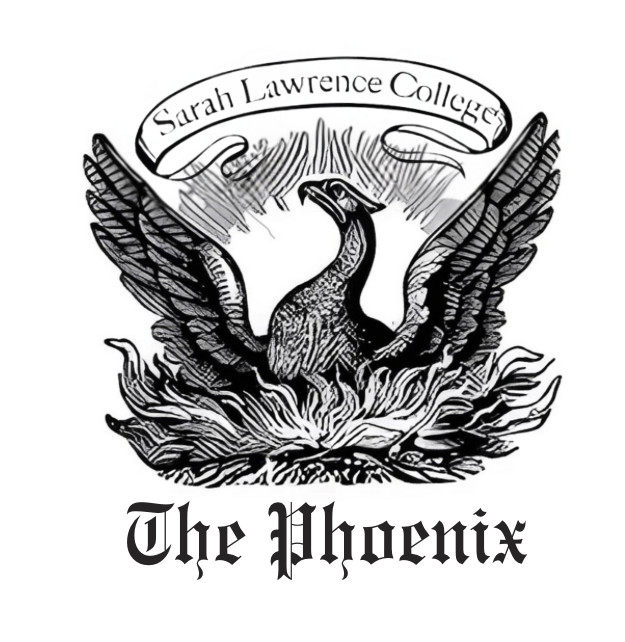CAREER CORNER, for advice on life after college: FindSpark Conference
THE FINDSPARK FOLLOW YOUR PASSIONS CONFERENCE HAD EXPERTS LEAD WORKSHOPS TO HELP ATTENDEES FOCUS ON BUILDING SUCCESSFUL AND FULFILLING CAREERS. PHOTO BY MARY-KATHERINE MICHIELS-KIBLER '17.
At the advice of career services, I attended an event hosted by Findspark called Find and Follow your Passions: a conference in NYC with professionals from many fields to network with and get advice from. For someone who is at times overwhelmed by the thought of starting to think about life after college, this seemed like the perfect first step.
All of the workshops explored the different areas of building a successful and fulfilling career. some of the things they discussed were networking, tools for finding jobs, entrepreneurship and personal finance.
Chief Human Resources Officer at Time Inc. and New York Post career columnist Gregory Giangrande EVP opened the conference with a fireside chat.
His advice for nailing an interview was to “make the employer feel like this is a perfect match”. Feel authentic and come knowing what the company is up to and what is currently going on in that industry. Avoid looking like you just need a job. Give the impression of “You have to hire me because I was meant to work for you.”
Once you land the internship or the job that you want, his top four tips for long term career success:
1. “Go on a charm offensive” – build a constituency in the company.
2. Be humble — you are never the smartest person in the room. Quickest way to get fired is to have an attitude. Demonstrate how smart you are and how good you are at building relationships.
3. “Crush it” – come in early, stay late, and deliver.
4. Be fearless about owning who you are. How do you distinguish your self. What are you really great at. Don’t be afraid to have a personal style.
For students who have many interests and can see a variety of different career paths it can be difficult to decide what job to interview for in the first place. “What you don’t what to do is go on an interview and ask the interviewer what job is right for you” said Giangrande. Instead pick one thing that you are interested in and start there. As long as it is remotely related to what you want to do then you will learn and gain confidence. This was a common theme of the conference – to start building your network and experience list and to build on that and see where it takes you. For Giangrande this tactic took him from the desire to be a broadcast journalist to becoming the head of Human Resources at a top publishing company.
The conference emphasis was on networking. “Everyone has a great resume, many people can nail a good interview but having connections is what gets you in the door”, said Giangrande. At first this statement seemed to be reinforcing the old “its not what you know its who you know.” An idea centered around the ability to socialize rather than ones own merits. However, after listening to Giangrande and others stories it was inspiring to hear how they used the support of the people they knew to get them where they wanted to go. Its about using your resources and our ever more connected world, as support, in both finding and achieving a dream.
How does one start to make these connections and begin to network? Start with your friends, family and the people who support you (you'd be surprised the places a friend of a friend could take you). Many of the speakers were fans of having strong LinkedIn profiles or a bio on https://about.me while others preferred using Twitter or Instagram. Attend events or conferences that relate to things you are interested in or passionate about, network and see where that leads.
Using websites like:
http://www.meetup.com (a site dedicated to connecting people with similar interests to attend gatherings)
https://www.levo.com (a site for women to get advise and find mentors to help achieve career goals)
https://www.quora.com which provides a platform for people to ask questions and share information and knowledge.
Sandra Oboh, production coordinator at truTV, shared that when she came to New York and didn’t know anyone, joining organizations like Young TV Professionals helped her find mentors in her field. Findspark itself has a mission to support young professionals in finding the resources and mentorship they need to begin their careers.
I left the conference feeling like I had learned valuable information on how to network and also excited to see where my path takes me.
No one makes it to the top of a mountain without taking the first step and usually a few hands help along the way. While the prospect of breaking into a company or starting your own is daunting, if you take risks and put yourself out there then you will have taken the first step.
by Mary-Katherine Michiels-Kibler '17
Features Editor
mmichiels@gm.slc.edu

